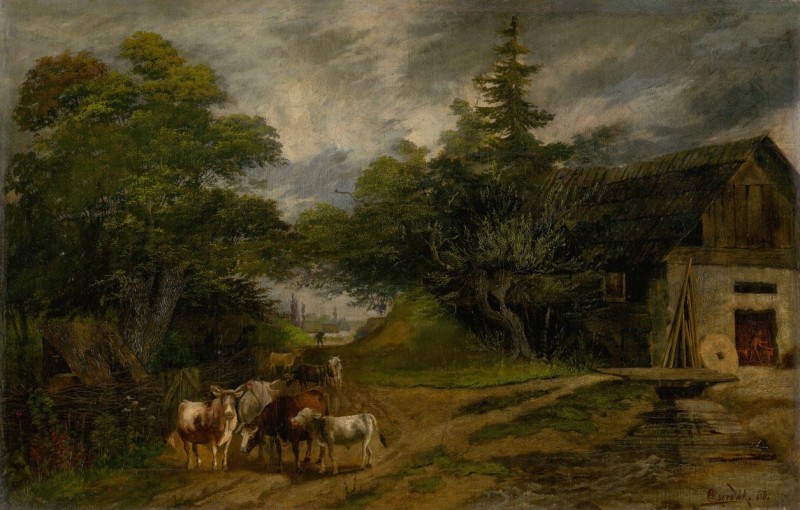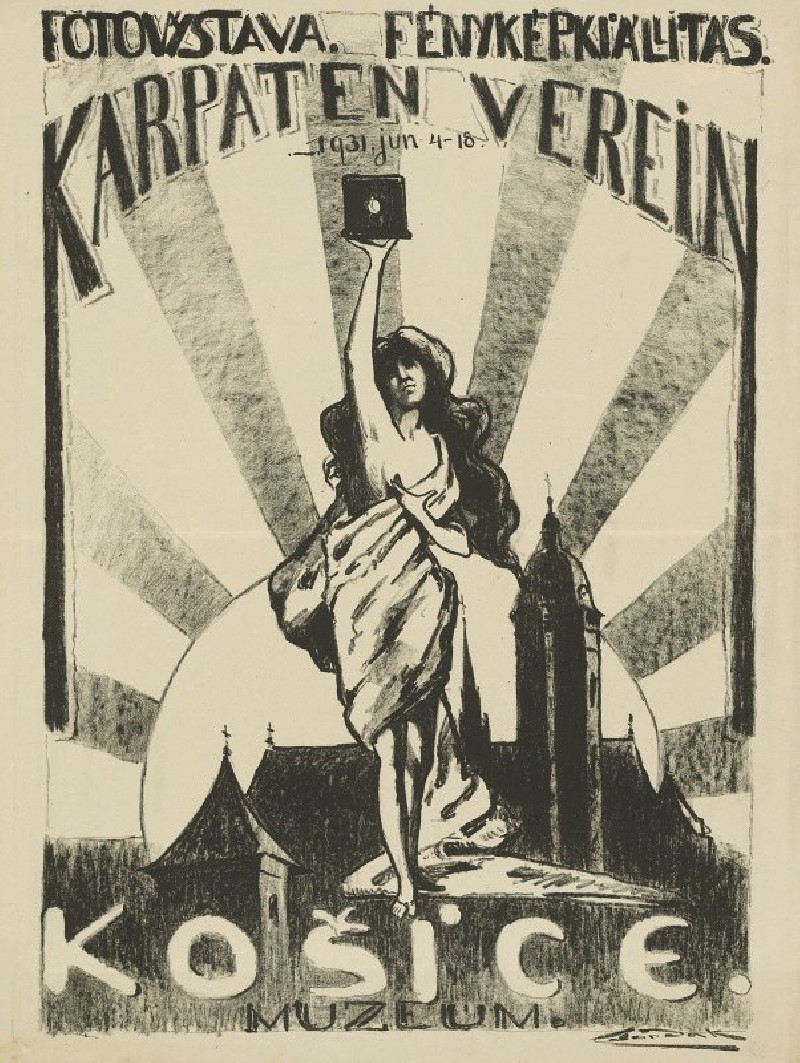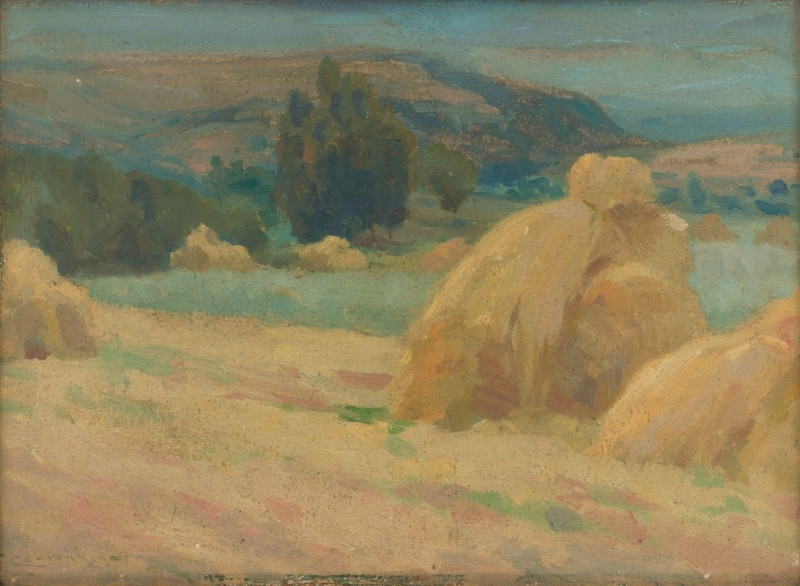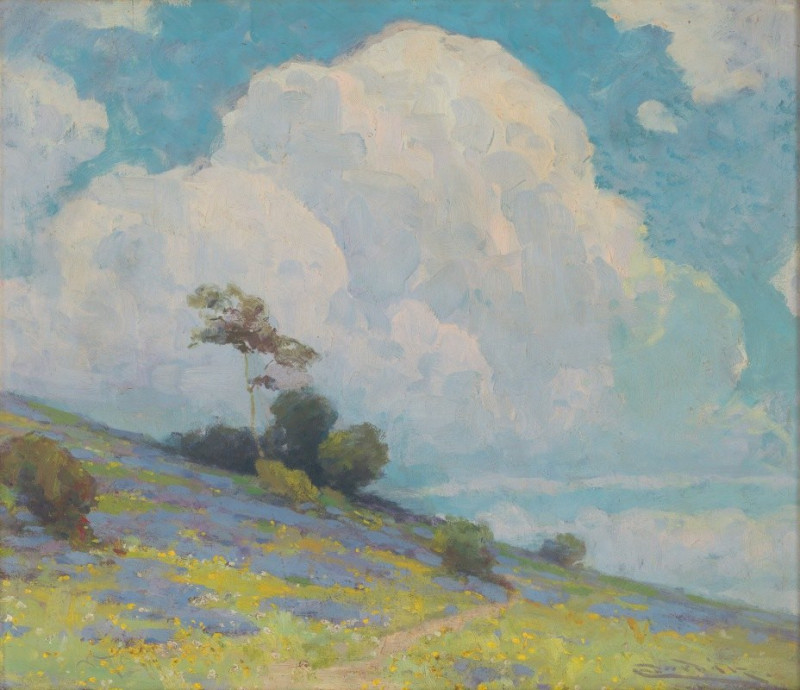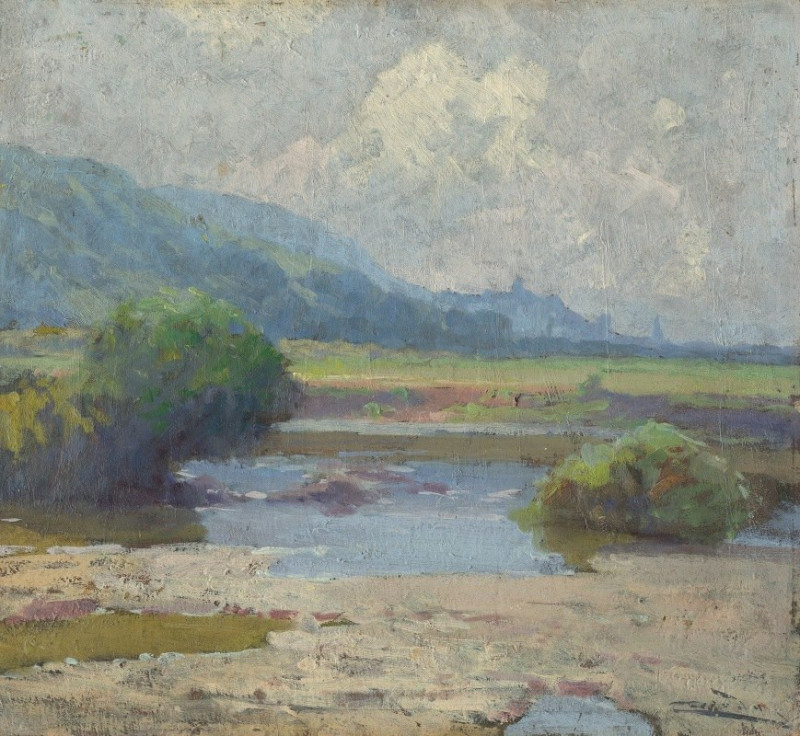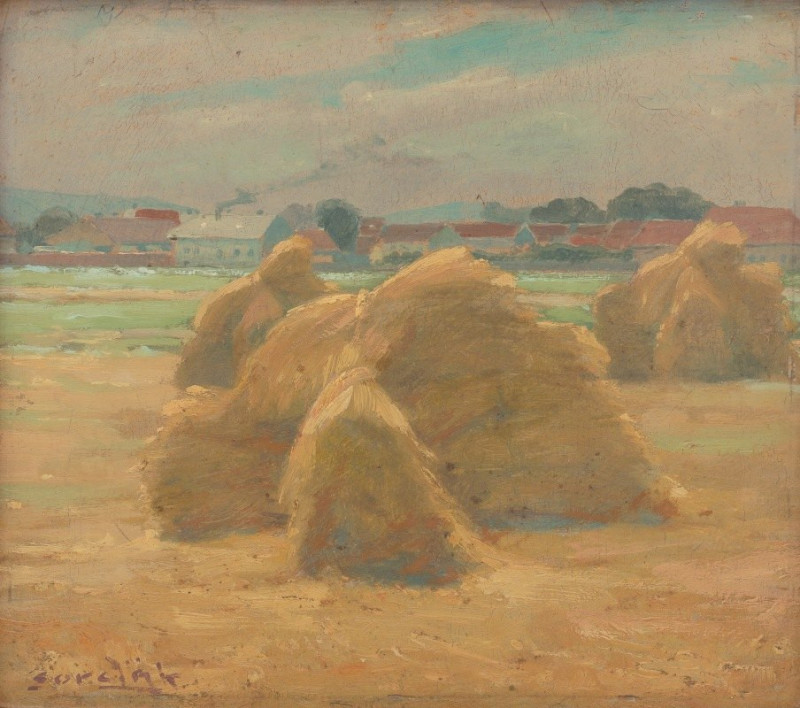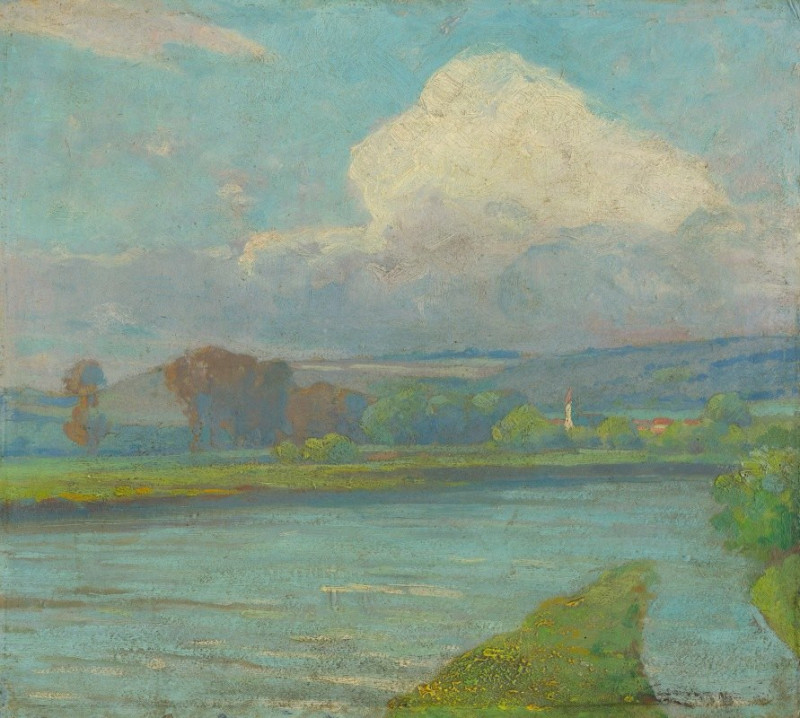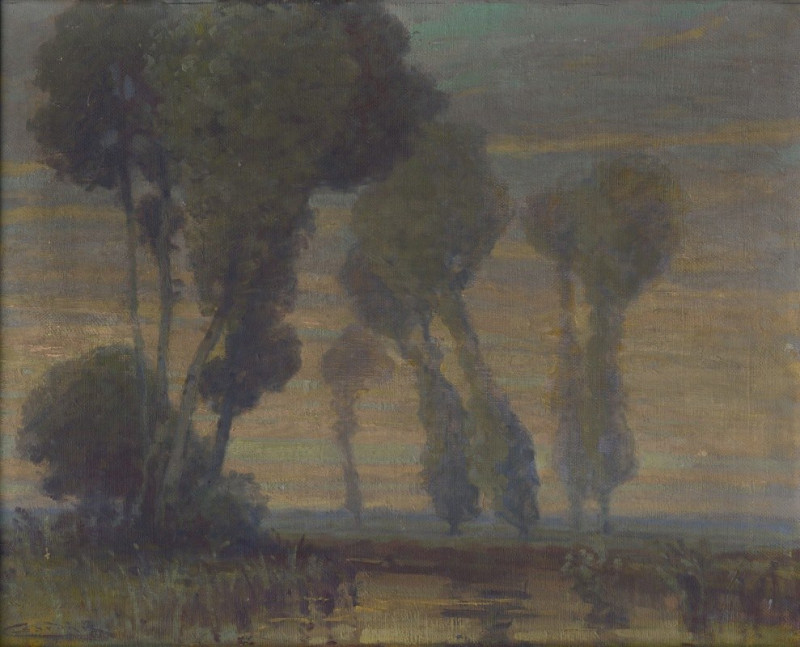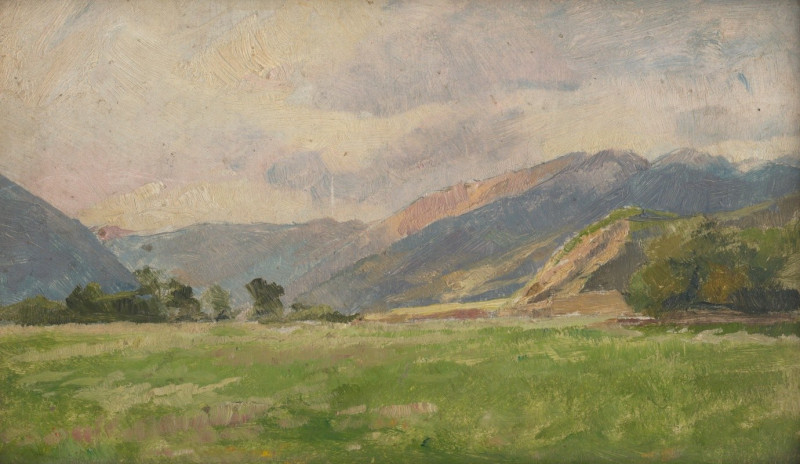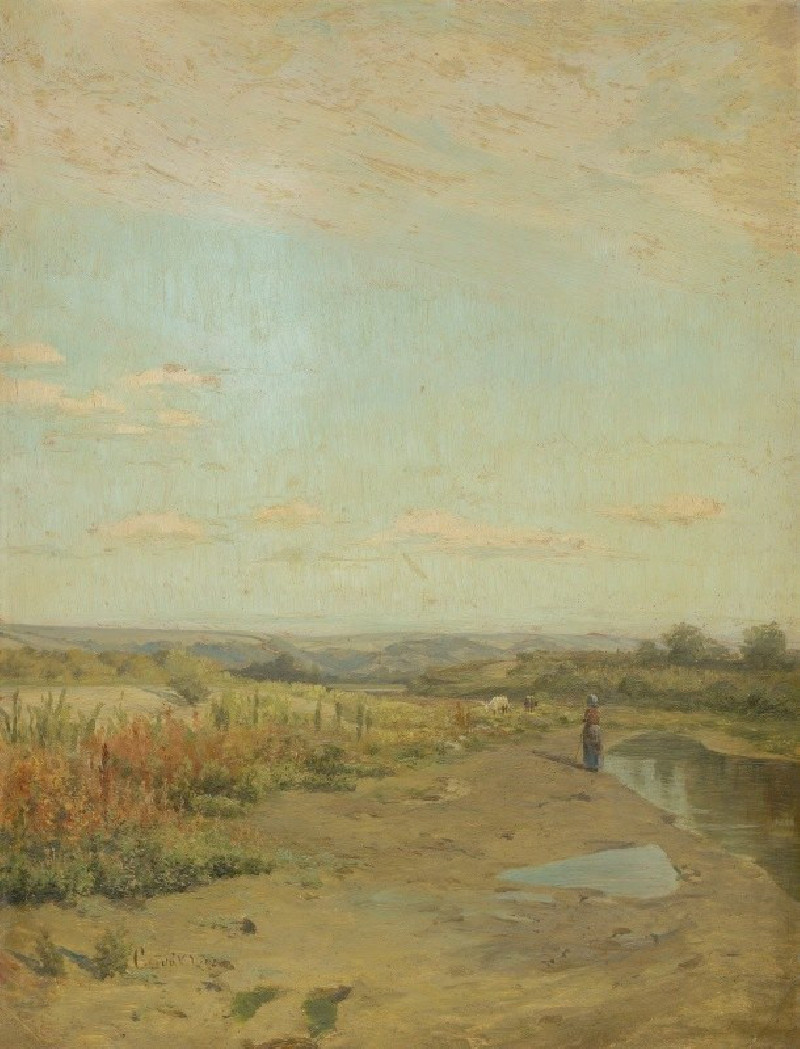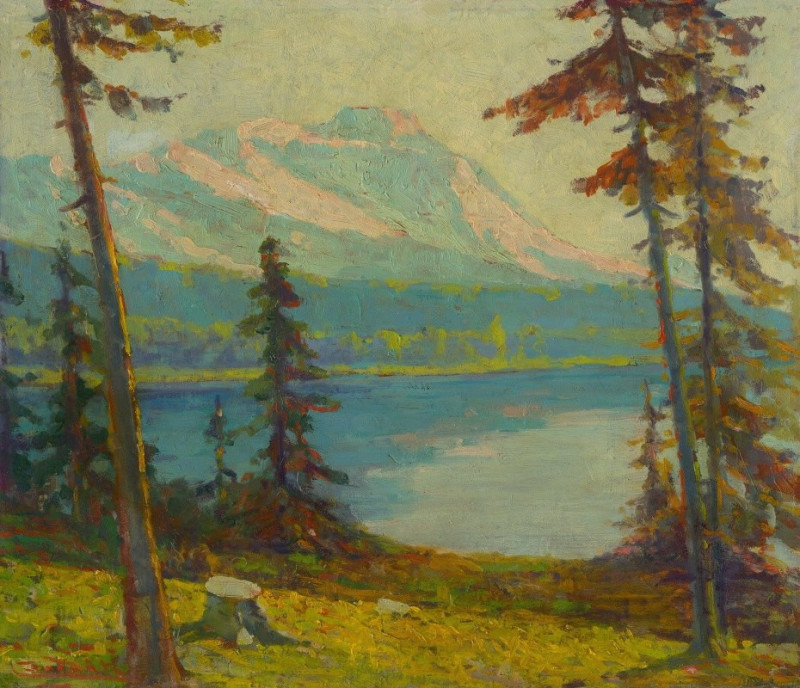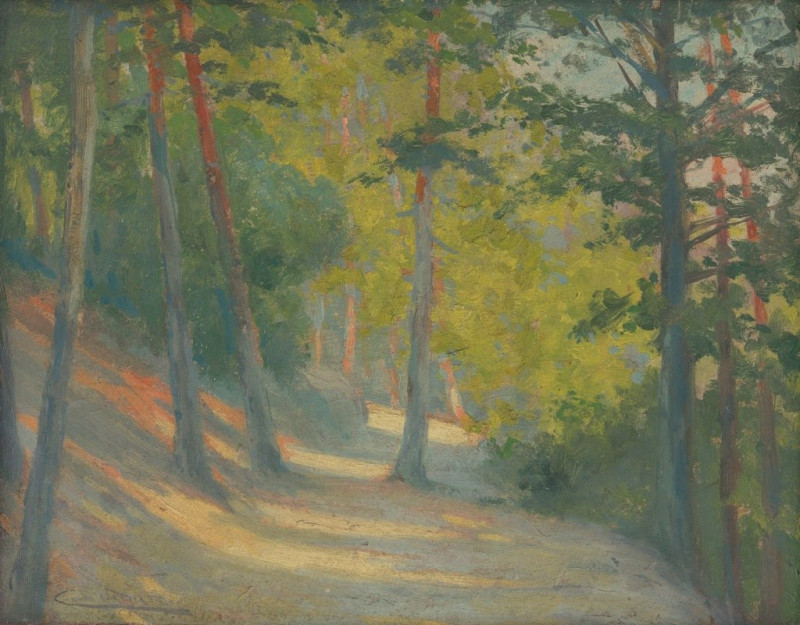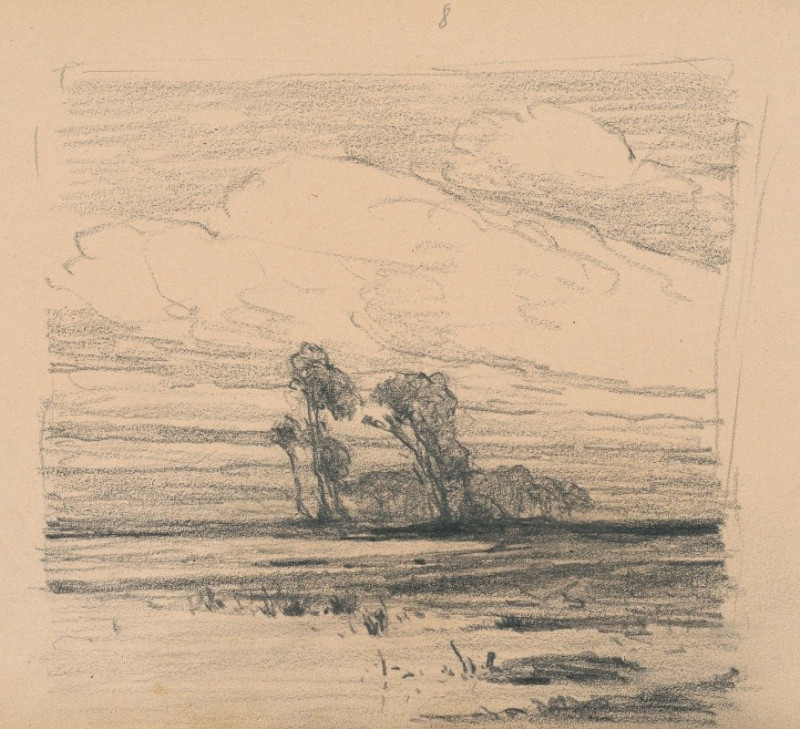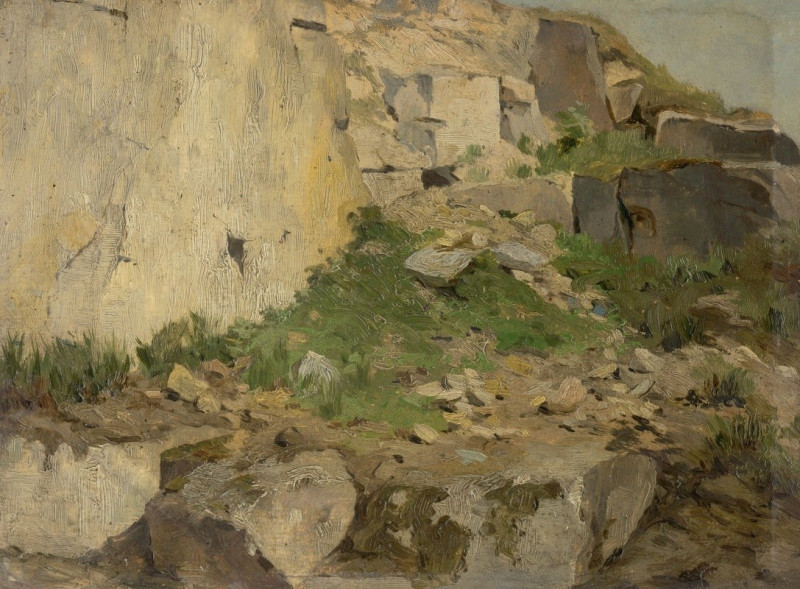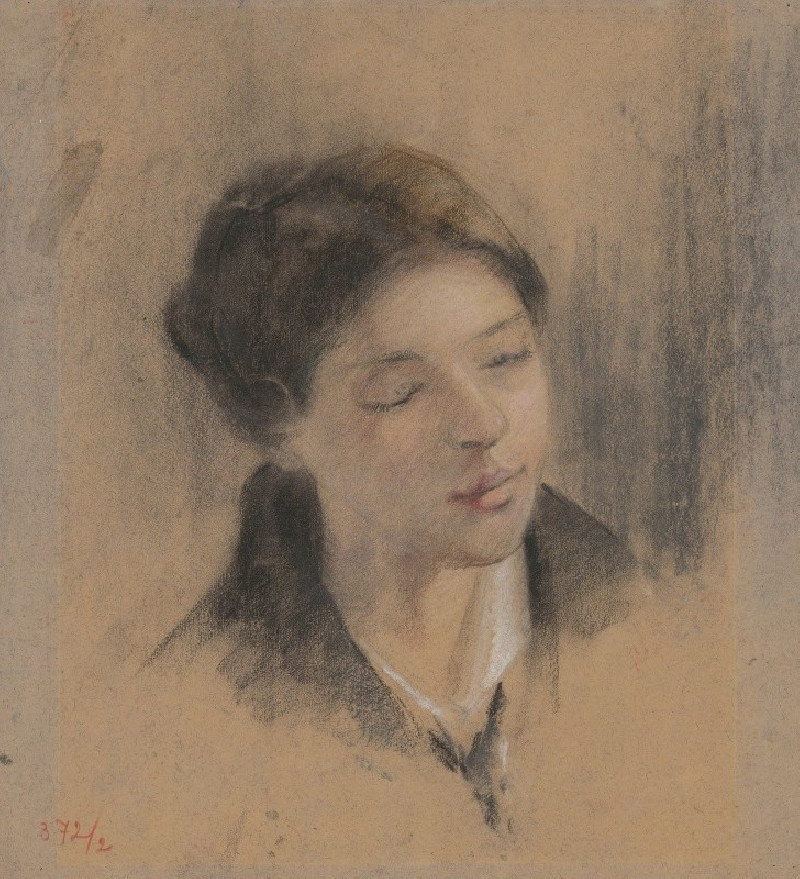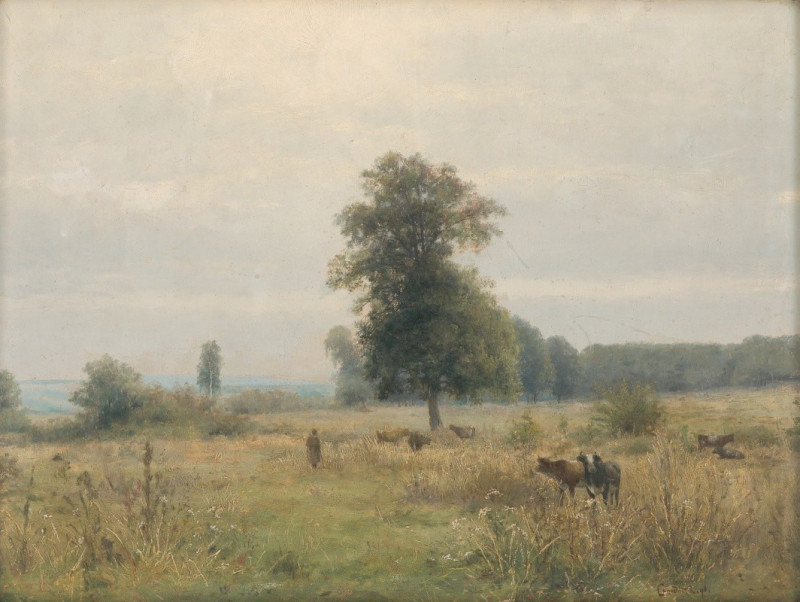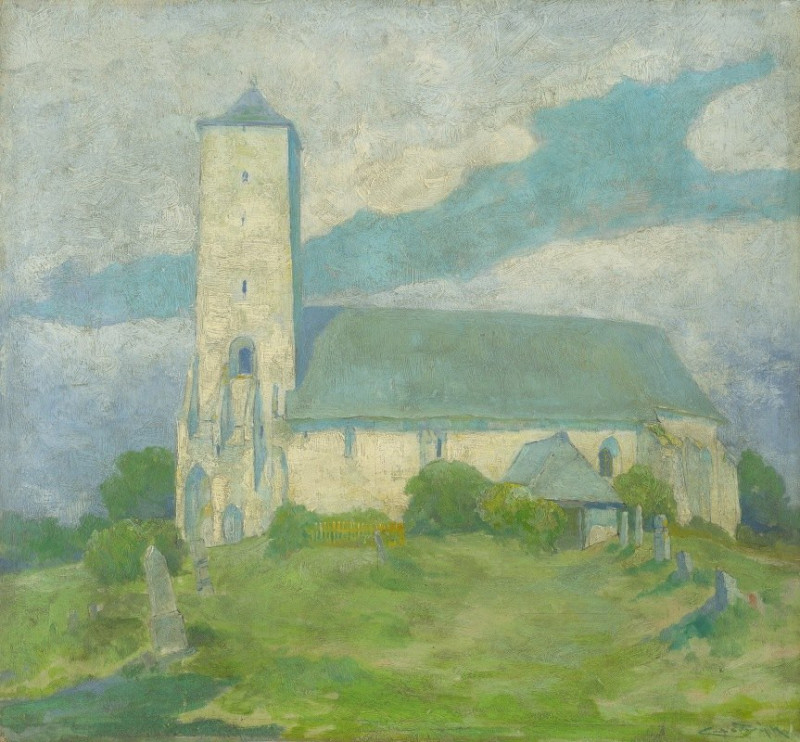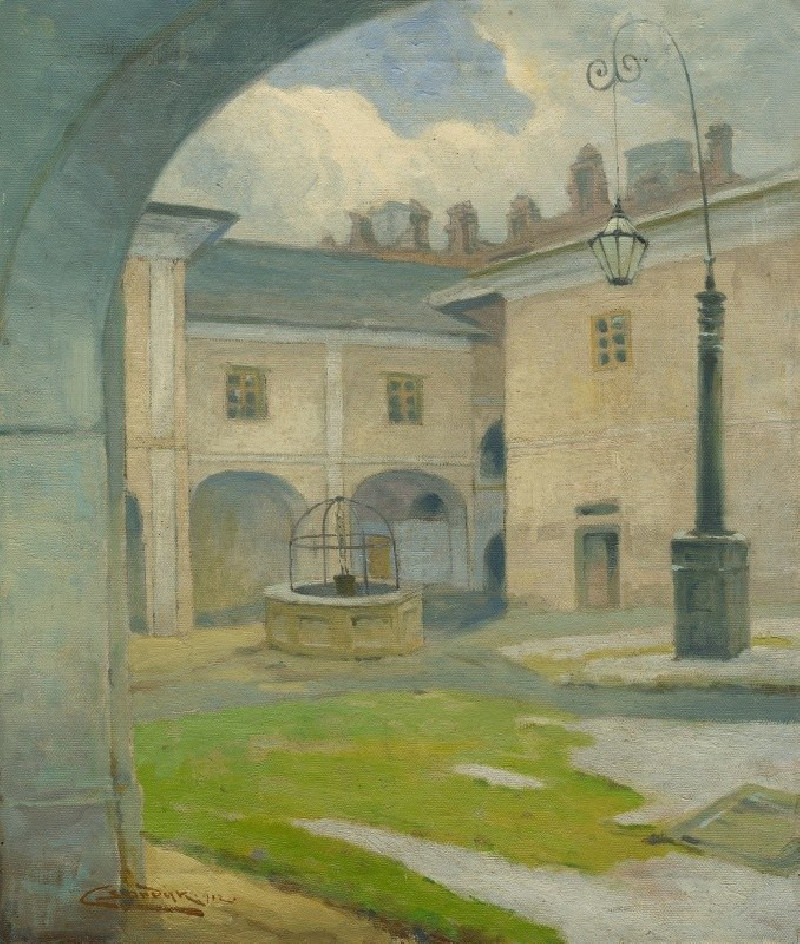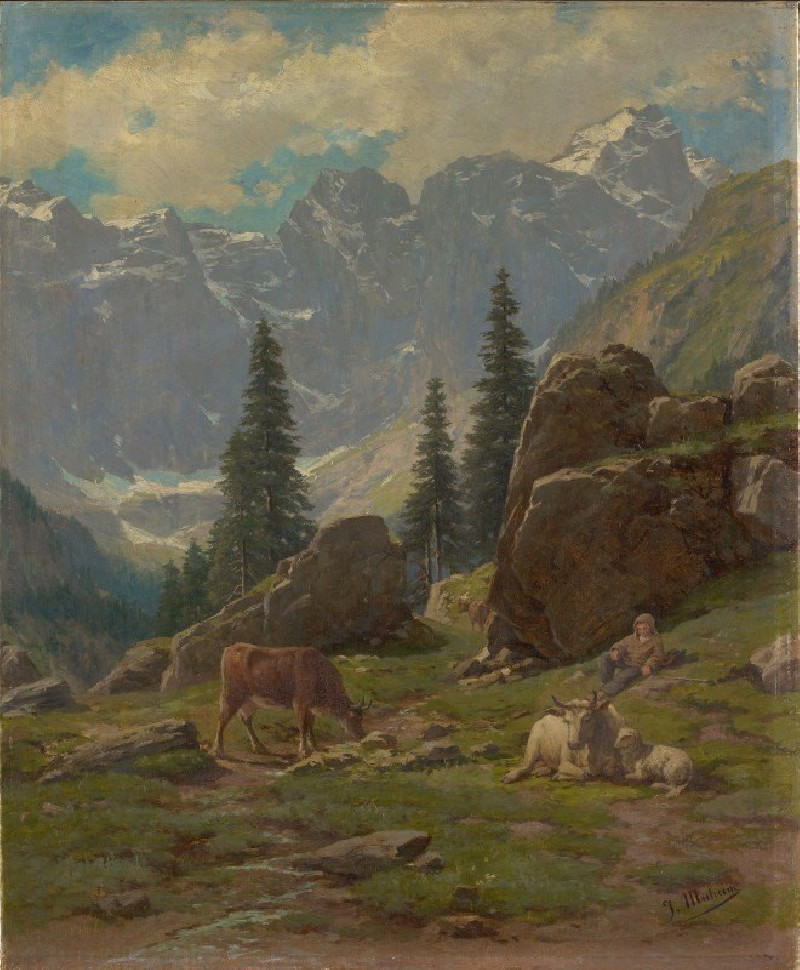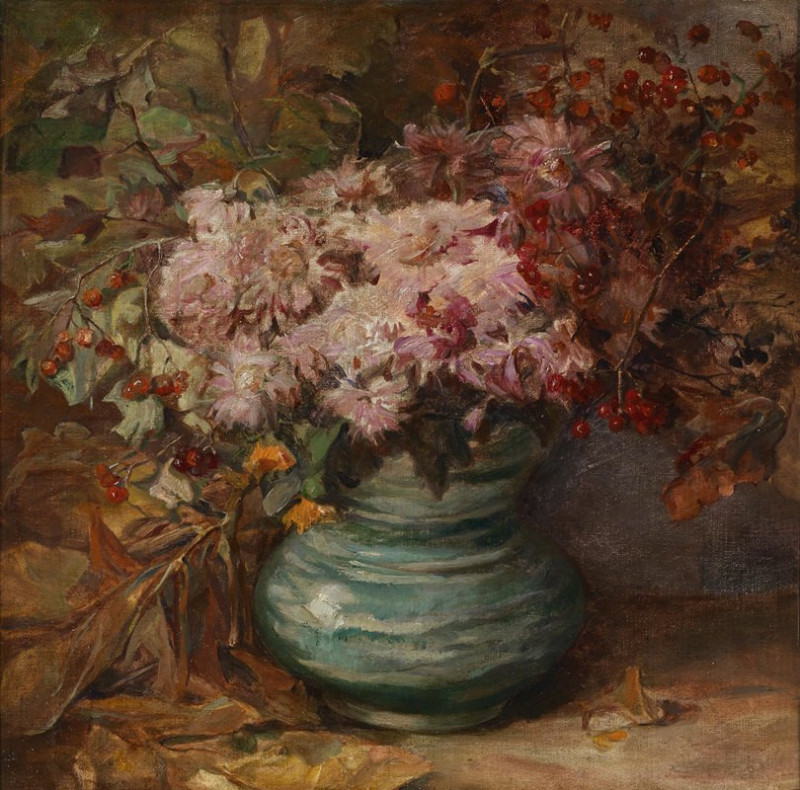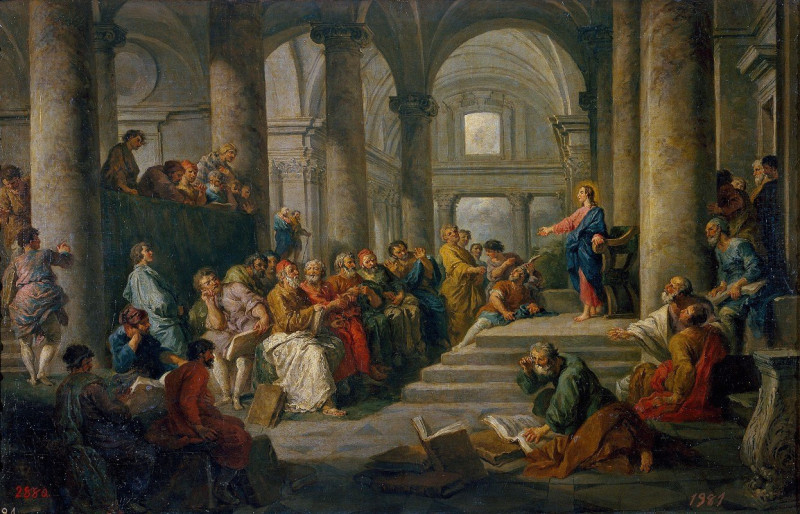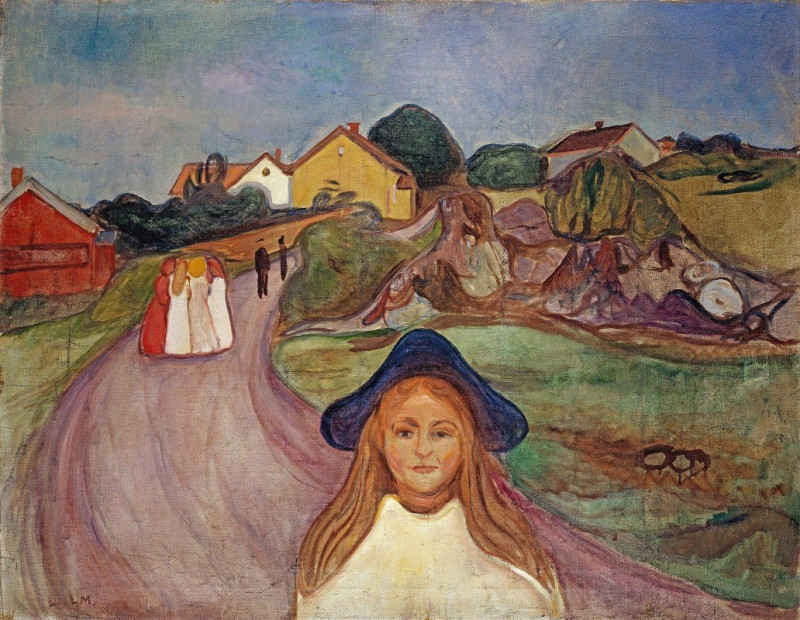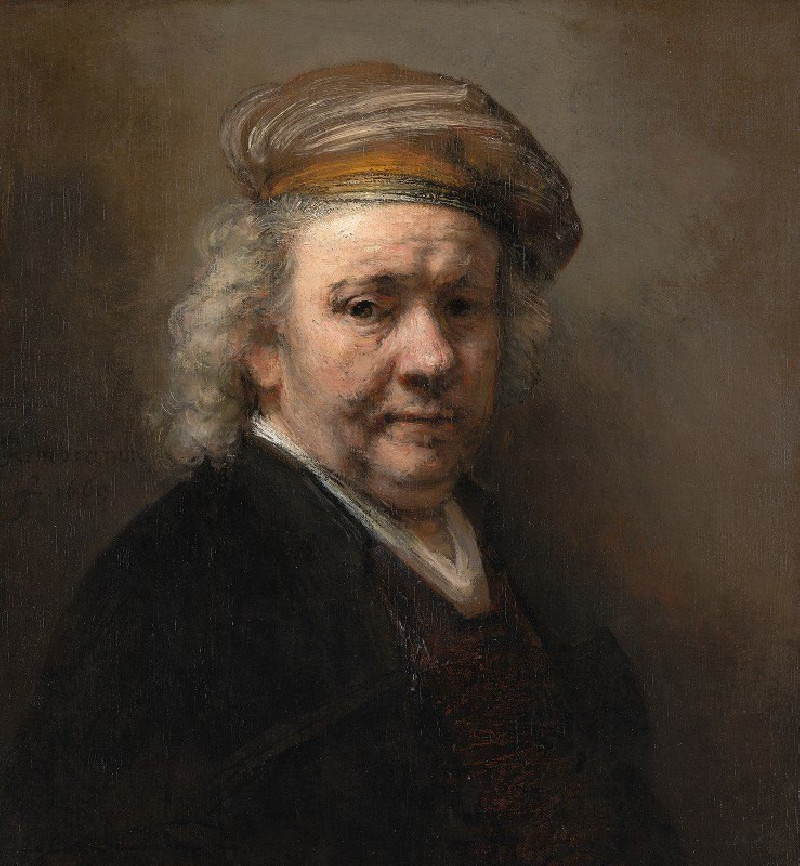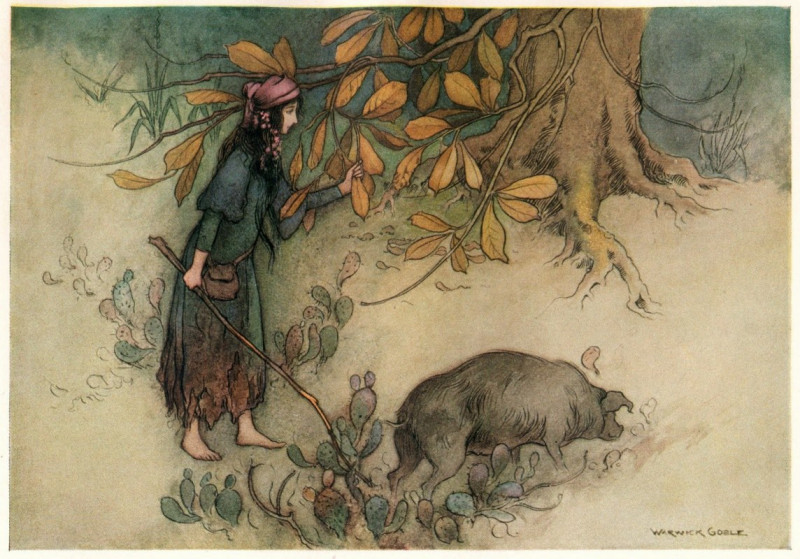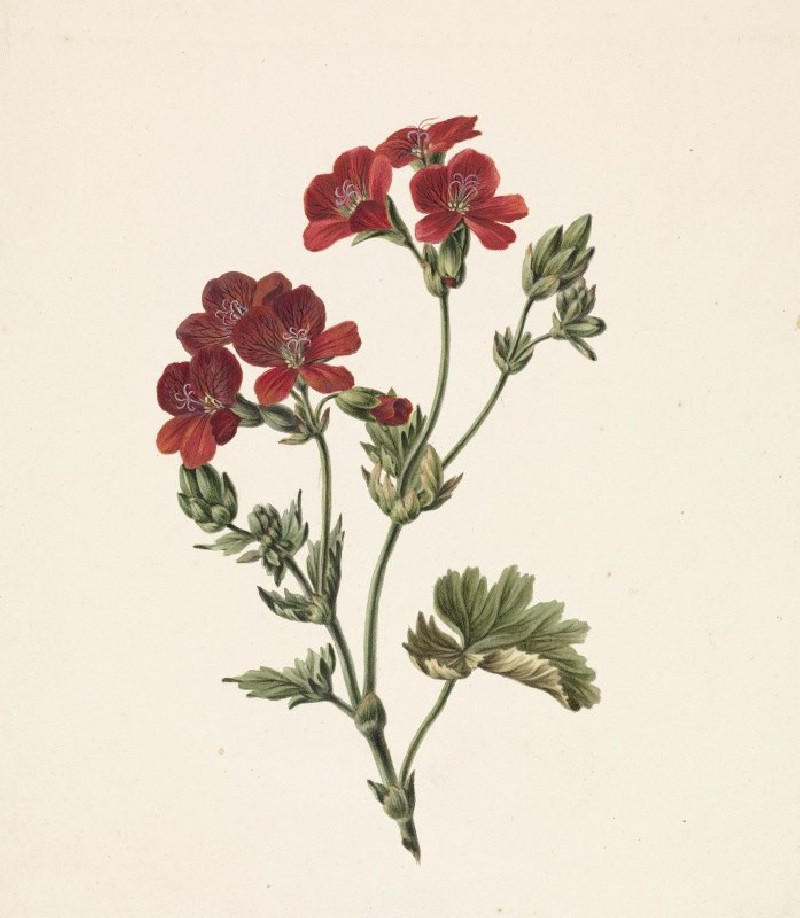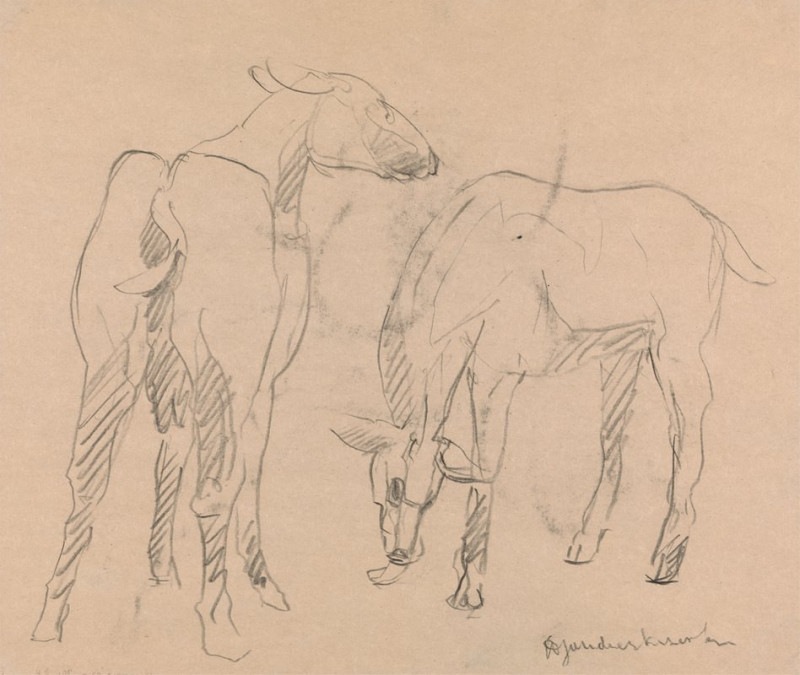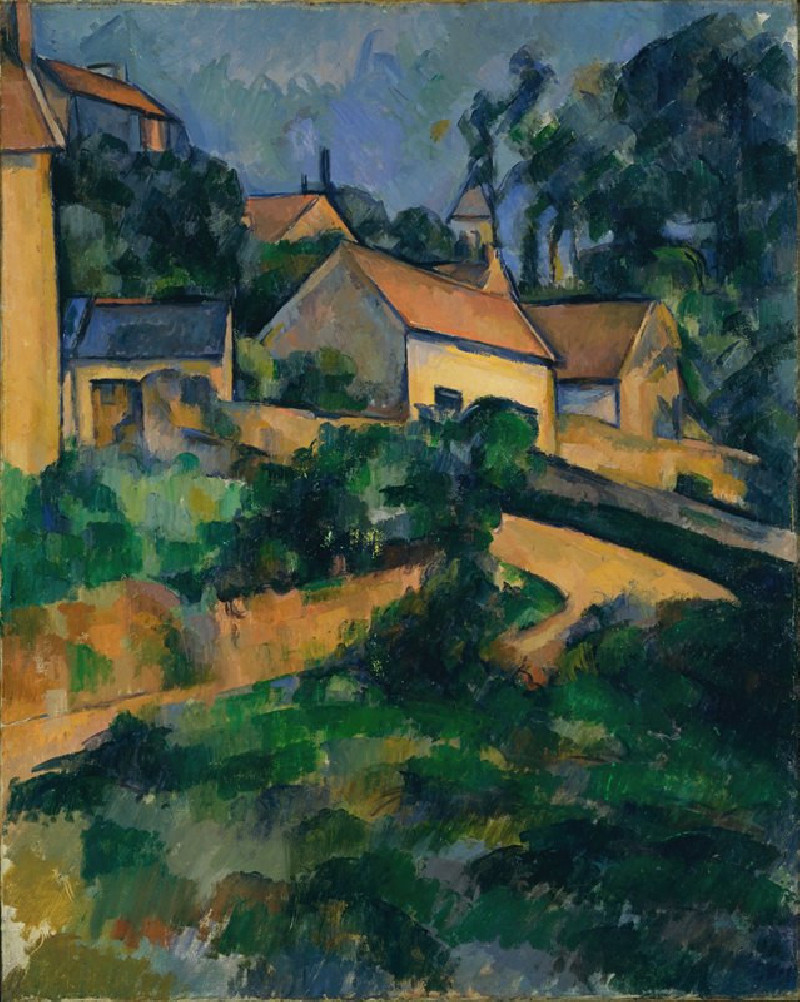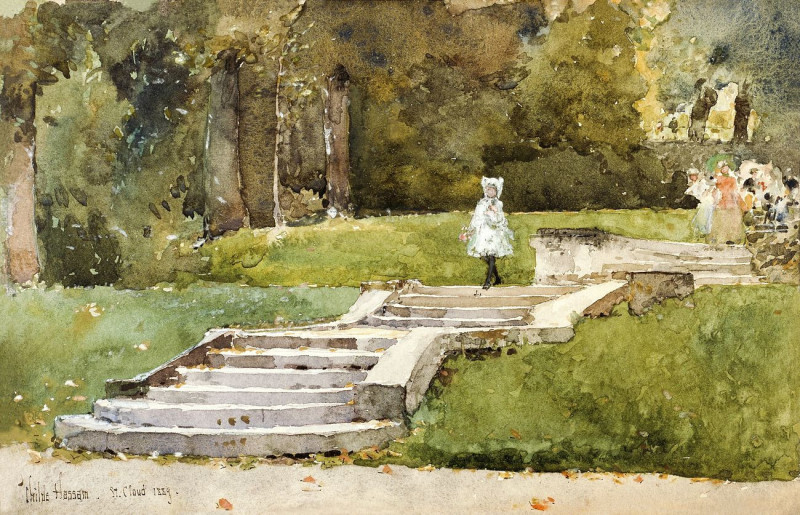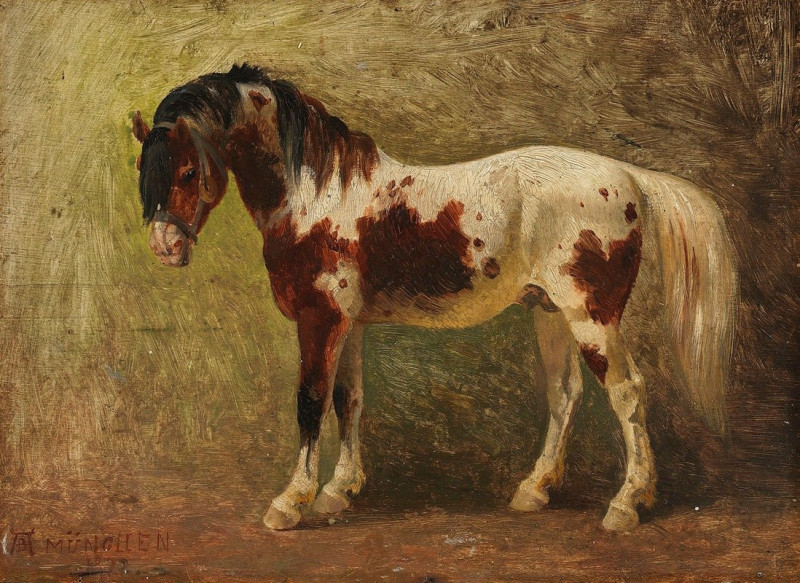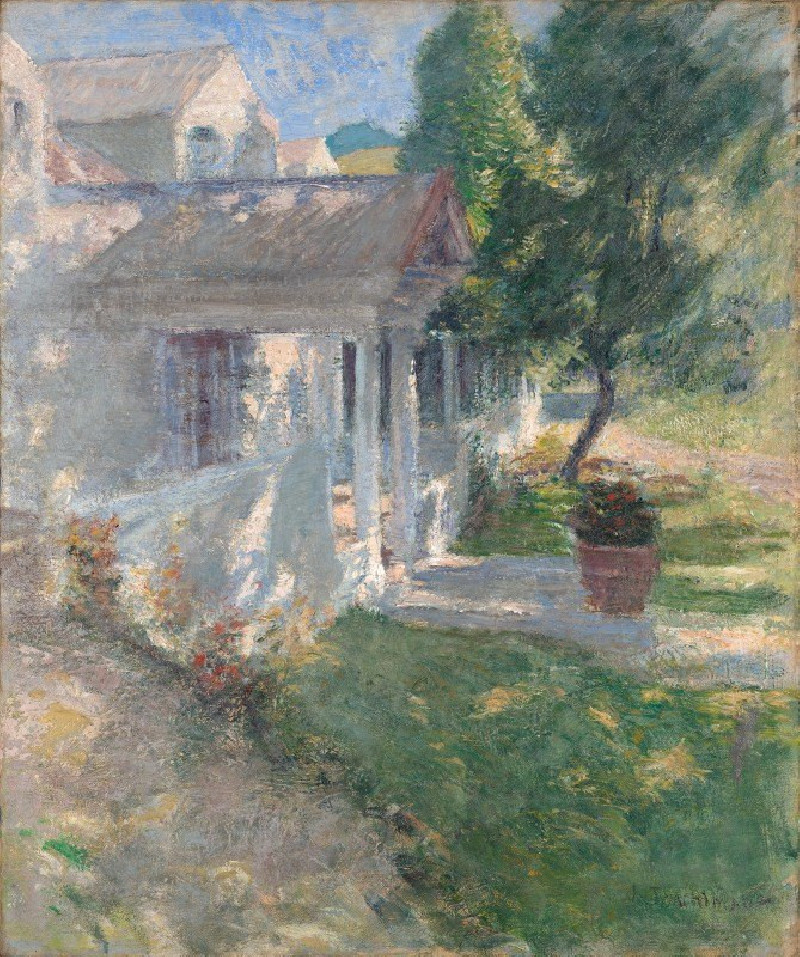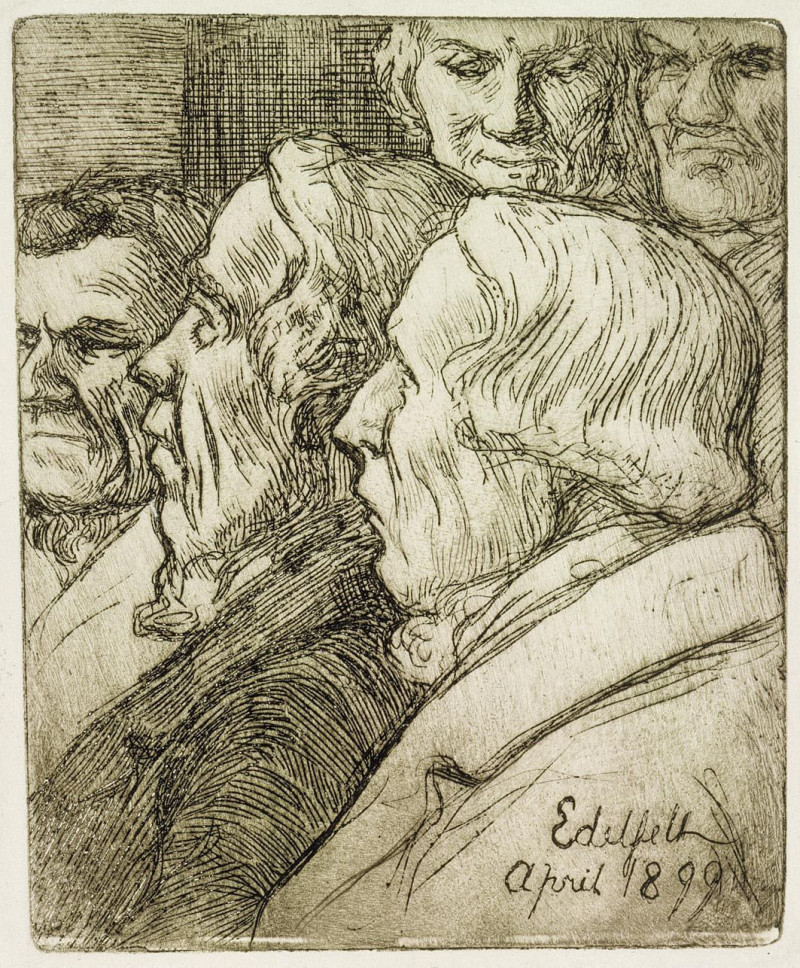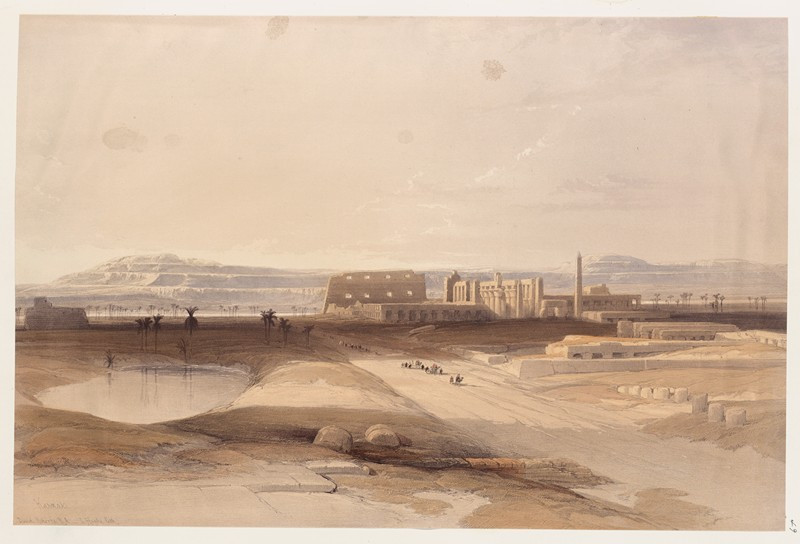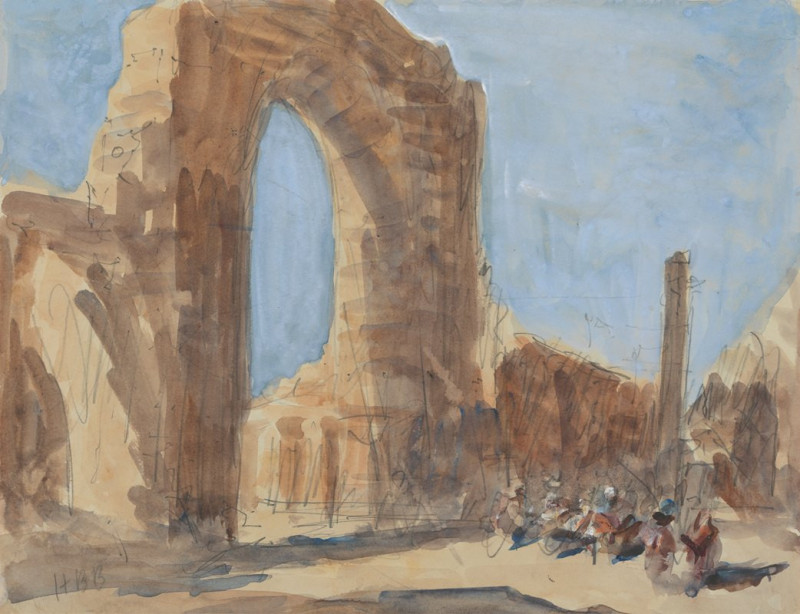Returning from Pasture (1886)
Technique: Giclée quality print
Recommended by our customers
More about this artwork
"Returning from Pasture" is a captivating 1886 painting by Slovak artist Ľudovít Čordák that beautifully captures the serene yet tiring end of a day's work. This artwork depicts a rustic scene where a group of cattle is being led back to their barn at dusk, a portrayal that evokes a deep sense of calm and familiarity.In the foreground, several cows of varying colors amble along a dirt road that snakes gracefully through the composition. Their peaceful manner suggests a routine familiarity with the path, hinting at the daily rhythm of rural life. Behind them, an old wooden barn, weathered yet standing resiliently, serves as a testament to the enduring spirit of pastoral life.The environment around the cattle is lush with mature trees and shrubs, enhancing the feeling of being deeply embedded in nature. The soft, muted colors of the sky suggest the waning light of late evening, casting a gentle gloom over the scene. A subtle hint of life beyond the immediate surroundings is seen in the background, where faint structures and another figure can be observed, suggesting a small farming community.Through Čordák's masterful use of light and shadow, combined with his detailed brushwork, "Returning from Pasture" not only depicts a simple moment in daily farm life but also evokes the timeless connection between humans, animals, and the land they share. This painting invites viewers to reflect on the quiet dignity of rural work and the natural cycles that dictate life outside the bustling cities.
Delivery
Returns
Ludwig Deutsch was an Austrian painter who settled in Paris and became a noted Orientalist artist.
Details of Ludwig Deutsch's life are obscure. He was born in Vienna in 1855 into a well-established Jewish family. His father Ignaz Deutsch was a financier at the Austrian court. He studied at the Vienna Academy of Fine Arts 1872–1875, then, in 1878, moved to Paris where he became strongly associated with Orientalism.

